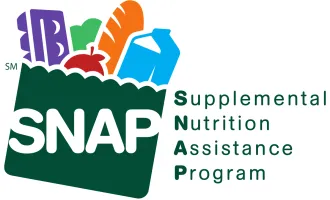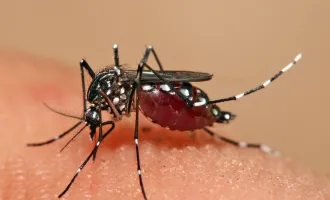#WhiteCoats4BlackLives Town Hall Exposes Sense of Alienation Among UCSF Students
Students at the Town Hall meeting reported feeling “isolated and alienated” in the wake of decisions on the Michael Brown and Eric Garner cases in late 2014.
“As we become more educated, we get more and more segregated,” said a student attendee to aggressive nods of agreement around Cole Hall.
It was largely this sense of isolated helplessness that spurred UCSF medical students to organize in a mere five days a national “White Coats 4 Black Lives” Die-In, held on Wednesday, Dec. 10 to spread awareness of the tremendous health issue presented by violence and racism.
On the Friday following the Die-In, organizers—led by second year medical students Frederick Jamison and Sidra Bonner—held the Town Hall meeting to share reflections on violence, racial bias and personal experiences with diversity at UCSF, and to plan the next steps after the Die-In.
The majority of Town Hall attendees were from the School of Medicine, but all UCSF students were invited. Given the short time frame in which organizers planned events, some simply learned about them too late.
Earlier in the week, students on social media pointed out the need for greater interprofessional communication. “It is imperative that we work across colleges and disciplines at UCSF when it comes to these issues,” said Florencia Rojo, a sociology doctoral student, in the “National White Coat Die-In @UCSF” Facebook group. “[Greater collaboration] is particularly important given that many people in research programs are working on…issues of racial inequalities, violence prevention, health impacts of violence and trauma, anti-racist direct action and community organizing.”
Die-In organizers echoed these sentiments during the Town Hall meeting. This remained a common thread throughout discussion of action items. Ideas suggested included hosting an annual gun violence and health conference, a Tumblr blog featuring student stories of racism, and the creation of an interprofessional student space.
Action items were categorized as follows: 1) social health accountability, 2) medical school curriculum development, 3) human resources/faculty diversity, 4) policy and advocacy, 5) interprofessional curriculum, 6) sustained dialogue, 7) national movement.
Event organizers will meet in the near future (date TBD) to finalize the action plan. Students who want to get involved are asked to e-mail Amanda Onyewuenyi, first year medical student and Student National Medical Association co-president, at Amanda.Onyewuenyi@ucsf.edu.



